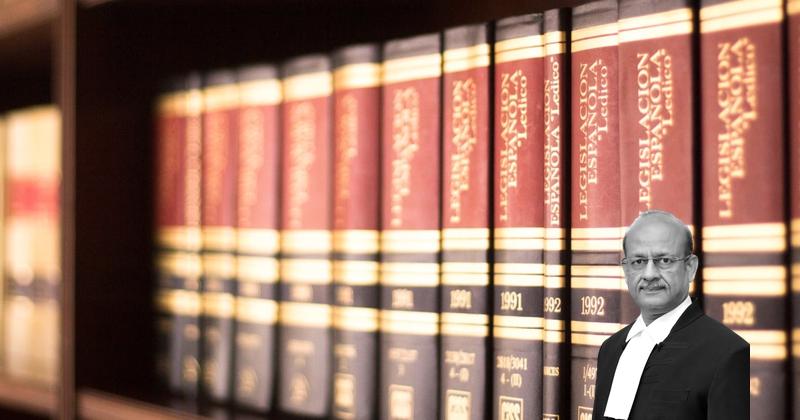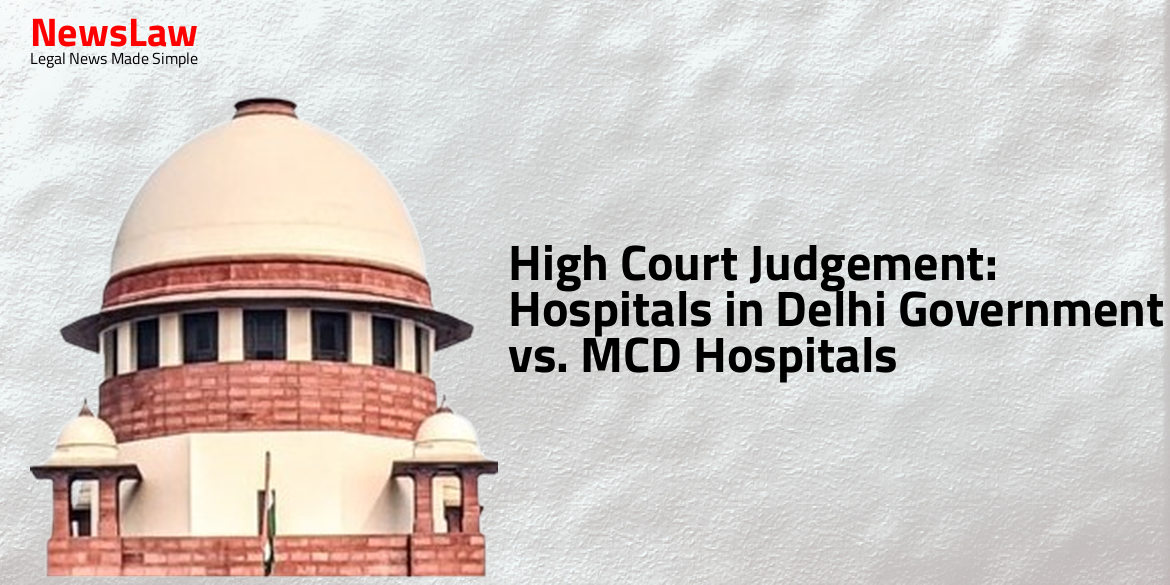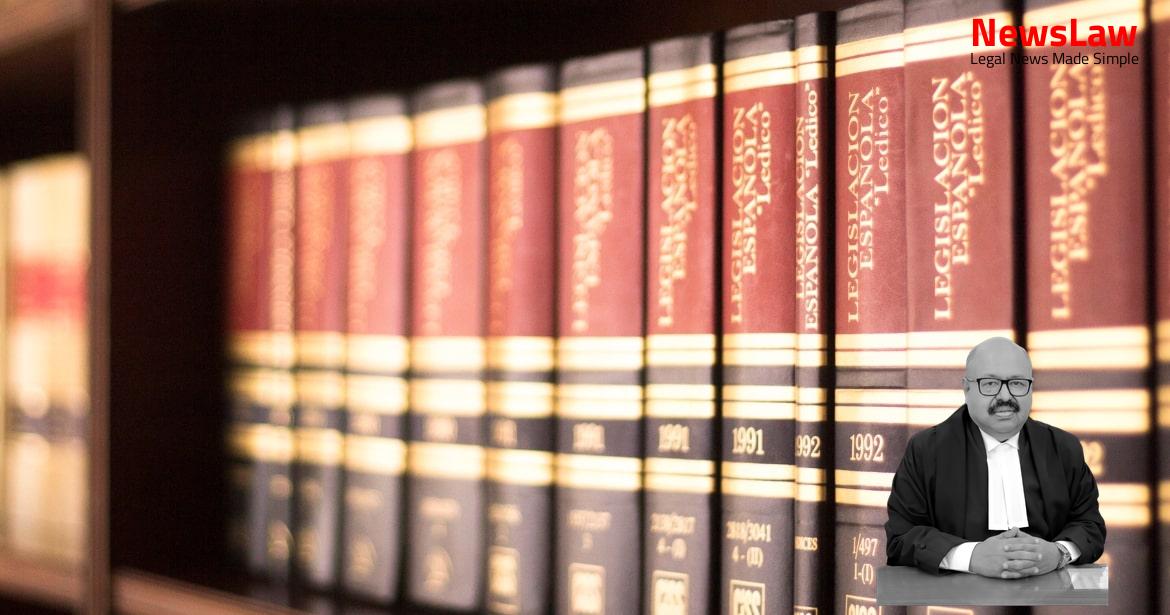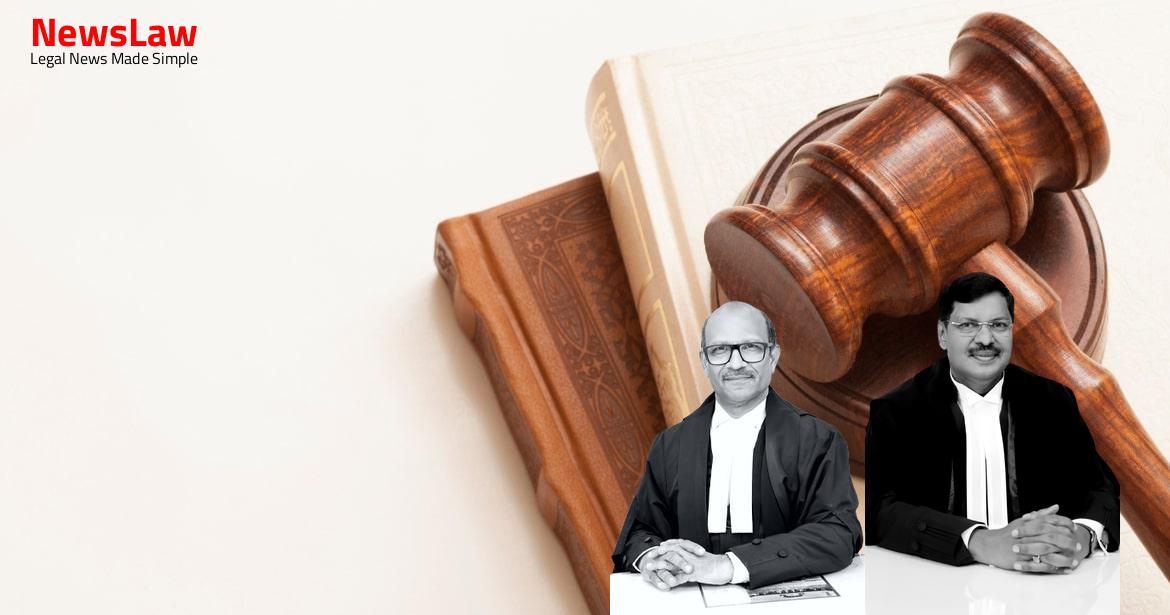The 1990 Regulations mandated that in order to get the benefit of the said scheme, existing employees of the Corporation will have to submit written option within six months from the date of publication of the 1990 Regulations expressing their willingness to switch over to the said pension scheme instead of maintaining their status as C.P.F. 1 was paid an amount of 13,28,495/- towards CPF contribution, 7,44,265/- towards gratuity, 2,58,012/- towards VRS Compensation and a sum of 2,409/- towards leave salary. Upon receipt of such payment, the respondents shall release the pension in favour of the petitioner within two weeks for the month of August 2018 and shall go on paying the monthly pension as per the usual practice with the Corporation.
The respondent no.1 had submitted his option for availing the pension scheme.
It is only after the retirement of respondent no.1 that he came to know that the pension was not being paid to him.
However, on perusal of the various documents produced before the Court, it was found that the respondent no.1 had submitted his option way back in the year 1991 immediately after the 1990 Regulations were notified.
Finally, direction was given to the respondent no.1 to refund the employer share of provident fund as well as the amount of gratuity paid in excess to the Corporation along with interest @ 6% per annum within two weeks.
We do not find any merit in the same argument raised by the counsel for the appellant as was rejected by the High Court, namely, the waiver of the right to receive pension by the respondent no.1.
For considering, as to whether a party has waived its rights or not, it will be relevant to consider the conduct of a party.
Rather this argument shows that the Corporation was at fault in implementing the 1990 Regulations in the cases of number of employees though these were notified on 4.1.1991 and were given retrospective effect from 1.4.1984. NR, PM //
Case Title: CALCUTTA STATE TRANSPORT CORPORATION Vs. ASHIT CHAKRABORTY (2023 INSC 505)
Case Number: C.A. No.-003462-003462 / 2023



